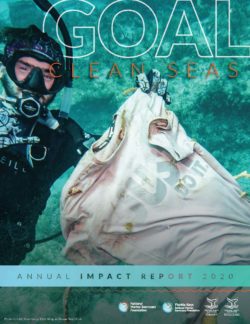Goal: Clean Seas Florida Keys
Contact usMarine debris is a significant challenge facing our ocean and marine wildlife, and it is an ongoing challenge in Florida Keys National Marine Sanctuary. Marine debris, including lost or abandoned fishing gear and trash, entangles stony corals, sea fans, sponges, sea turtles, manatees, and other marine life. It also degrades seagrass, hard bottom, coral reef, and mangrove habitats, and detracts from the natural beauty of the islands.
Established in May 2018, the Goal: Clean Seas Florida Keys initiative aims to remove underwater marine debris from Florida Keys National Marine Sanctuary and educate the public about its role in marine debris prevention. Goal: Clean Seas Florida Keys partners work with sanctuary-recognized Blue Star Dive Operators to educate dive professionals and recreational divers on best practices for removal of marine debris; perform scoping dives to identify debris hotspots; remove, dispose, and recycle underwater debris; conduct post-removal data reporting and analysis; and engage the public in marine debris awareness and prevention through education and outreach.
In the first year of Goal: Clean Seas Florida Keys efforts, National Marine Sanctuary Foundation-funded divers conducted 49 cleanup trips, engaged 450 volunteer divers, and spent nearly 900 hours underwater removing 78 intact lobster traps, hundreds of pieces of lobster trap debris, 16,369 feet of line, and 14,693 pounds of debris from Florida Keys National Marine Sanctuary.
Project Partners
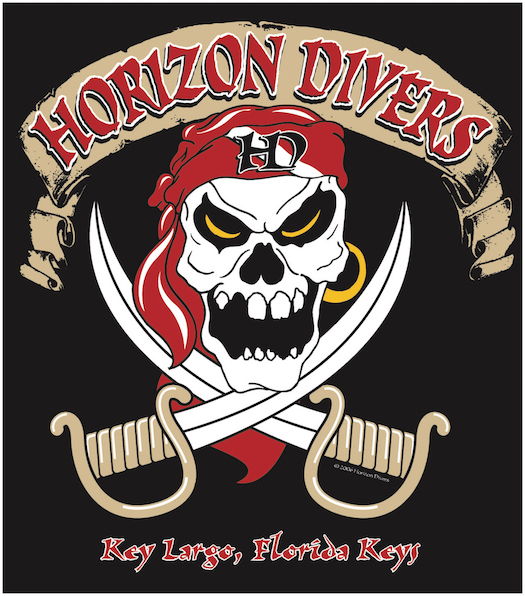

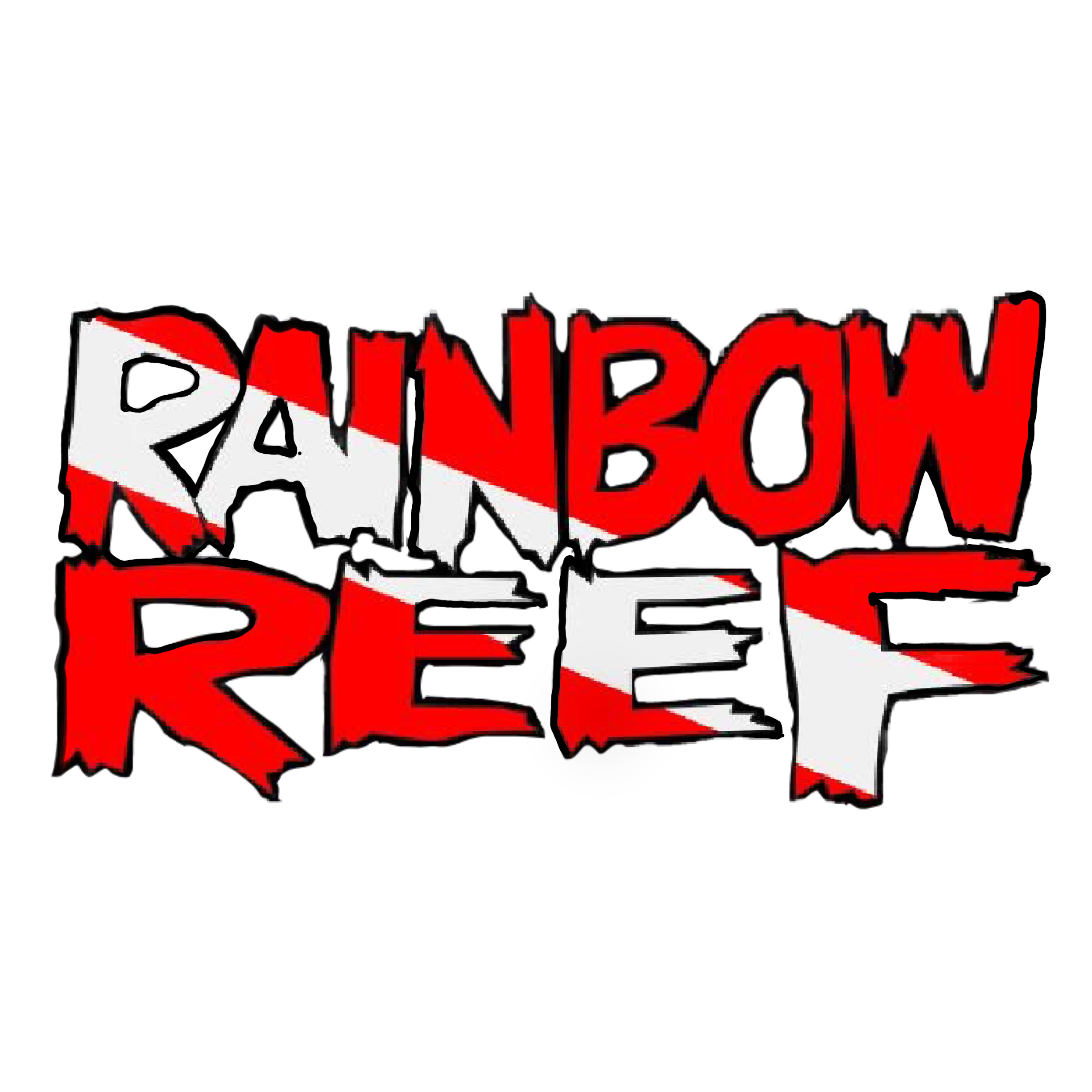
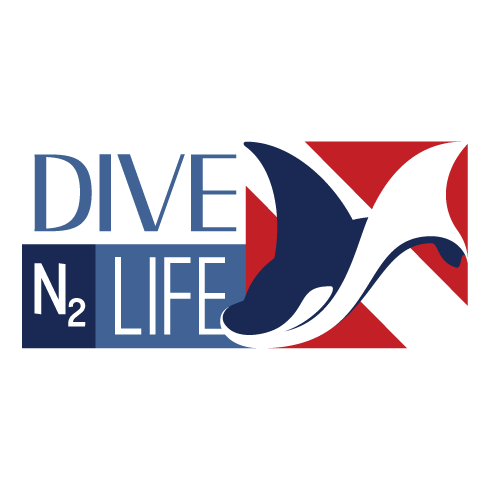
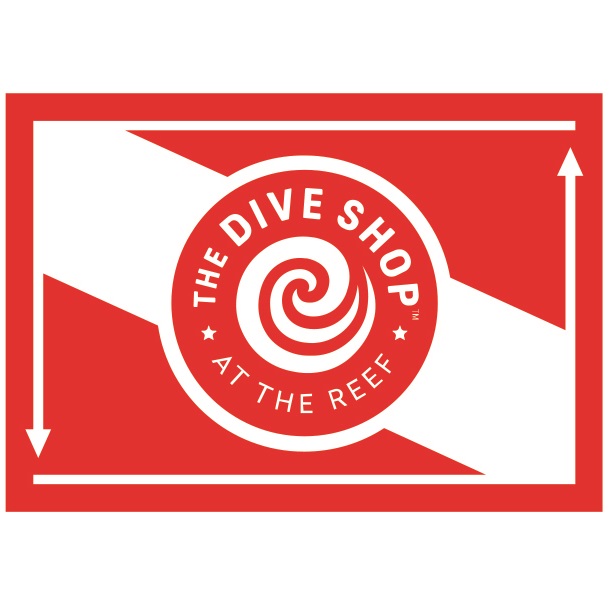
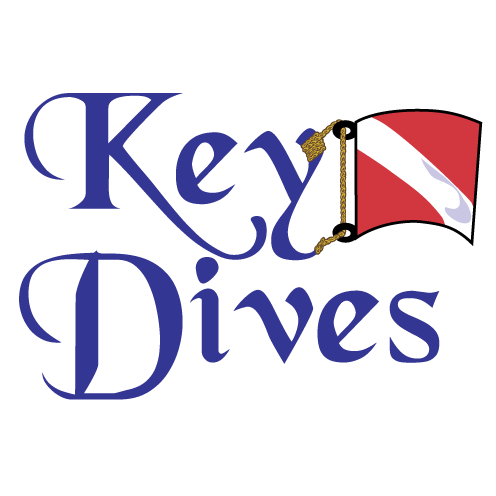
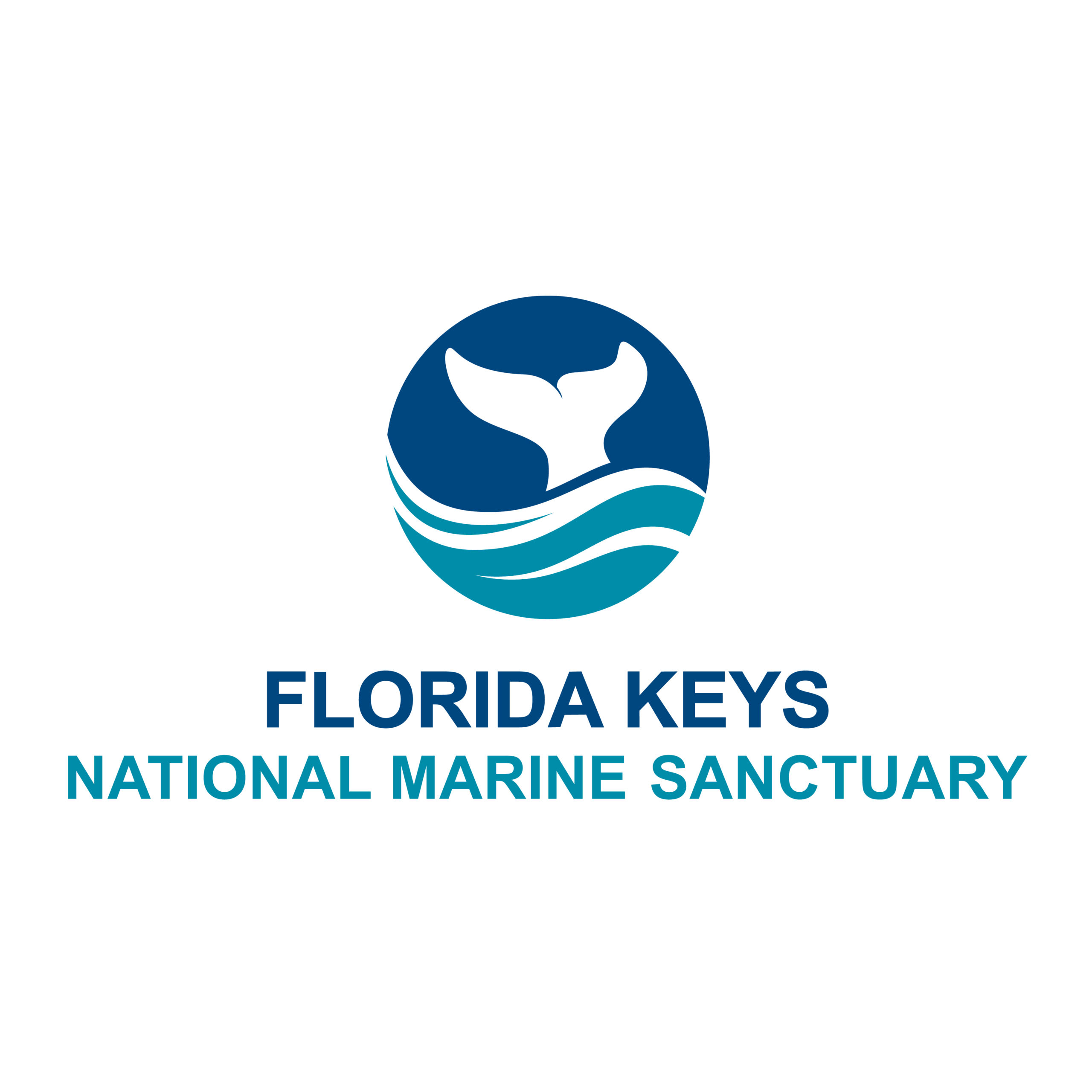
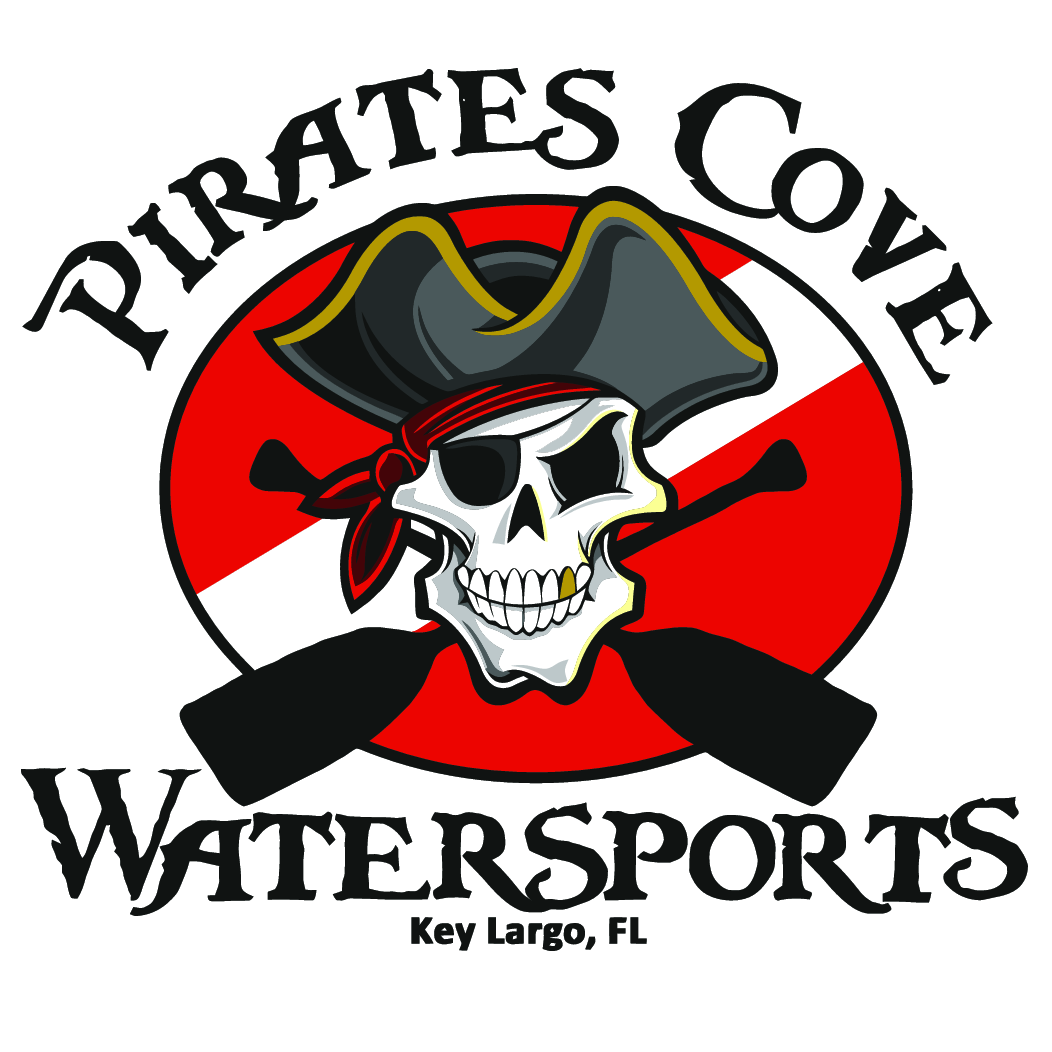
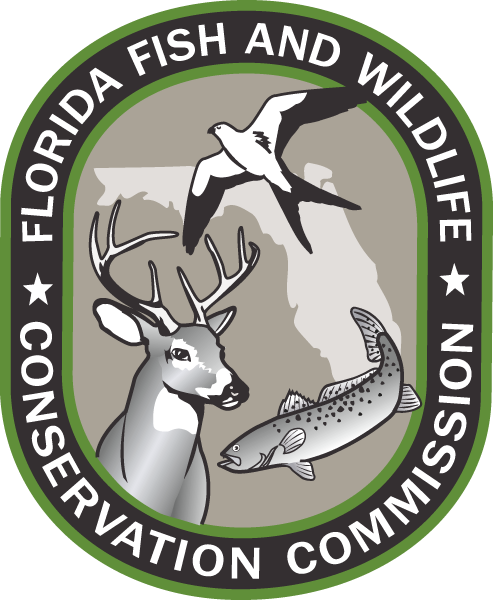
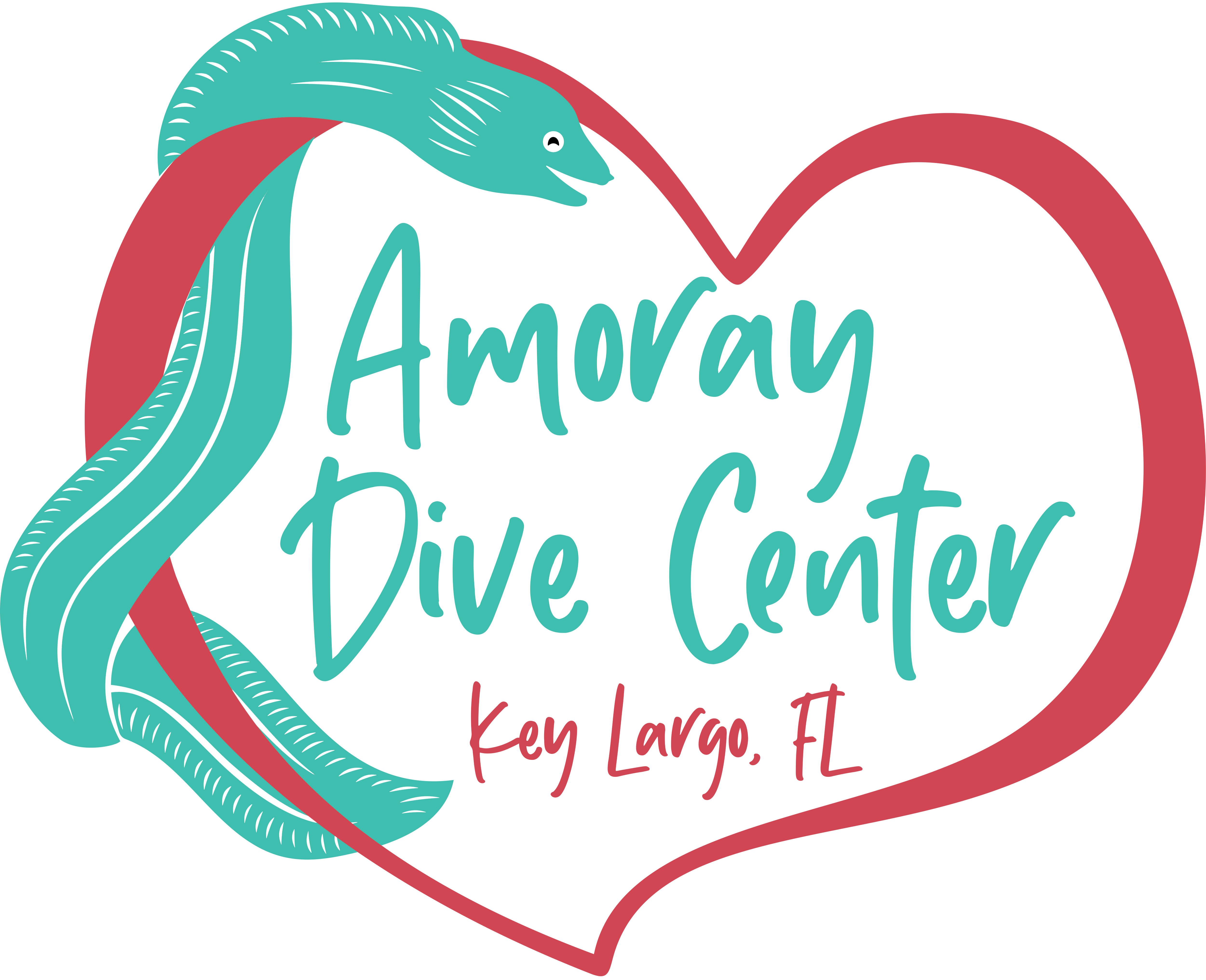
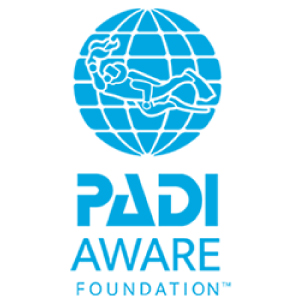
Removing marine debris and lost or damaged fishing gear helps restore, protect, conserve, and enhance marine habitats and ecosystems within the sanctuary for the species that rely on them. Habitats in the Florida Keys benefit greatly from the removal of the underwater marine debris and participating dive shops help with the stewardship of this special place. The Foundation is exploring an expansion of the Goal: Clean Seas Florida Keys program in three distinct ways over the next year. First, the Foundation will expand the program within the Florida Keys by engaging more partners and dive operators. Second, working with national and local partners, the Foundation will focus on how to improve recycling and prevention of marine debris. And third, the Foundation will adapt the successful Goal: Clean Seas Florida Keys model of local business engagement in stewardship to other national marine sanctuary sites that are experiencing similar marine debris issues.
In September of 2017, Hurricane Irma struck the Florida Keys, damaging homes, sinking vessels, and scattering debris into the marine environment. Among the land-generated debris, the hurricane also displaced and damaged more than half of the Florida spiny lobster fishing gear and traps set out in the water when the hurricane passed through. This lost and damaged fishing gear from the hurricane, compounded with chronically lost gear and other forms of marine debris, poses a high risk for damaging critical benthic habitats such as reefs and seagrass beds and can entangle and harm corals, sponges, dolphins, manatees and sea turtles.

